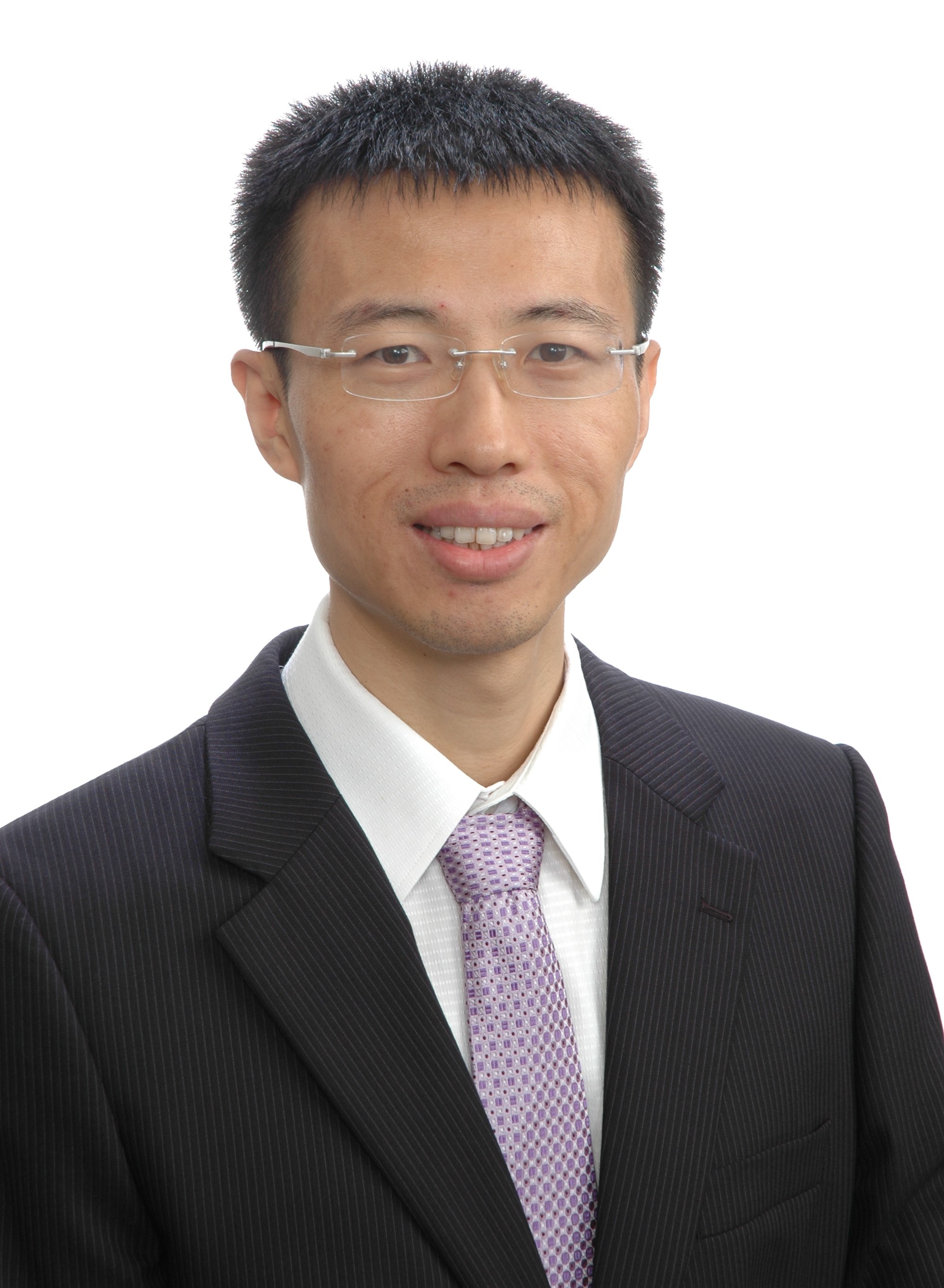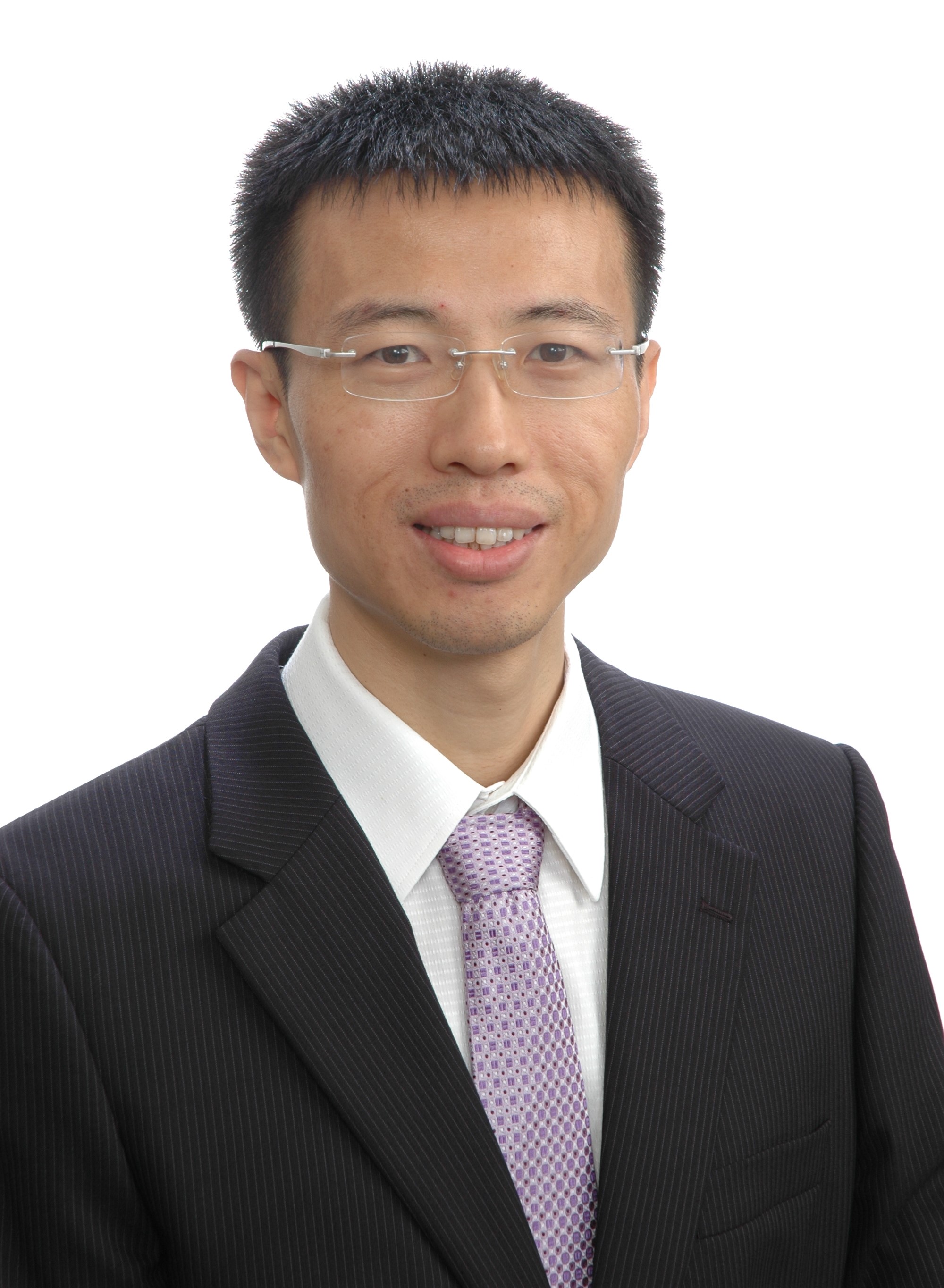Physics-Assisted Machine Learning for Wave Sensing and Imaging
Abstract: In recent years, machine learning (ML) has garnered significant attention for tackling challenges in wave imaging and sensing. However, many approaches treat ML as a black box, overlooking decades of insight rooted in wave physics and rigorous mathematical analysis. This talk highlights the importance of thoroughly understanding the forward problem that underpins these inherently inverse tasks, and demonstrates how integrating mathematical, physical, and engineering intuition can lead to more efficient and elegant solutions.
We will explore millimeter-wave multiple-input multiple-output (MIMO) imaging, showcasing how physics-informed ML enhances reconstruction quality. Next, we present a high-accuracy, efficient ML classifier for 77 GHz FMCW radar. Rather than using raw data, it operates on a low-dimensional, physics-derived input to classify road targets into five categories, achieving performance competitive with state-of-the-art methods in automotive radar applications.
Finally, we reflect on key lessons learned across these wave sensing and imaging challenges.
Date and Time
Location
Hosts
Registration
-
 Add Event to Calendar
Add Event to Calendar
- The University of Queensland
- St Lucia
- Brisbane, Queensland
- Australia 4072
- Building: 46 (Andrew N. Liveris Building)
- Room Number: 914
- Click here for Map
Speakers
Prof. Xudong Chen
Physics-Assisted Machine Learning for Wave Sensing and Imaging
Biography:
Prof. Chen received the B.S. and M.S. degrees from Zhejiang University, China, and the Ph.D. degree from the Massachusetts Institute of Technology, USA. Since 2005, he has been with the National University of Singapore, Singapore, where he is currently a Professor. He has published 180 journal papers on inverse scattering problems, material parameter retrieval, microscopy, optical encryption, and physics-assisted machine learning. He has authored the book Computational Methods for Electromagnetic Inverse Scattering (Wiley-IEEE, 2018), which has been adopted as a textbook by many undergraduate- and graduate-level courses worldwide.
His research interests include mainly electromagnetic wave theories and applications, with a focus on inverse problems and computational imaging. Dr. Chen is a Fellow of IEEE and Fellow of the Electromagnetics Academy. He is currently a Deputy Editor-in-Chief (D-EiC) of IEEE Transactions on Geoscience and Remote Sensing (IEEE T-GRS), and he was an Associate Editor (AE) of IEEE Transactions on Microwave Theory and Techniques, IEEE T-GRS, and IEEE Journal of Electromagnetics, RF and Microwave in Medicine and Biology. Dr. Chen is the Vice President of the Electromagnetics Academy.
He has been a member of organizing committees of more than 10 conferences, serving as General Chair, Technical Program Committee (TPC) Chair, Award Committee Chair, etc. He was the Chair of IEEE Singapore Microwave Theory and Techniques (MTT)/Antennas and Propagation (AP) Joint Chapter in 2018.
Address:National University of Singapore, , Singapore


